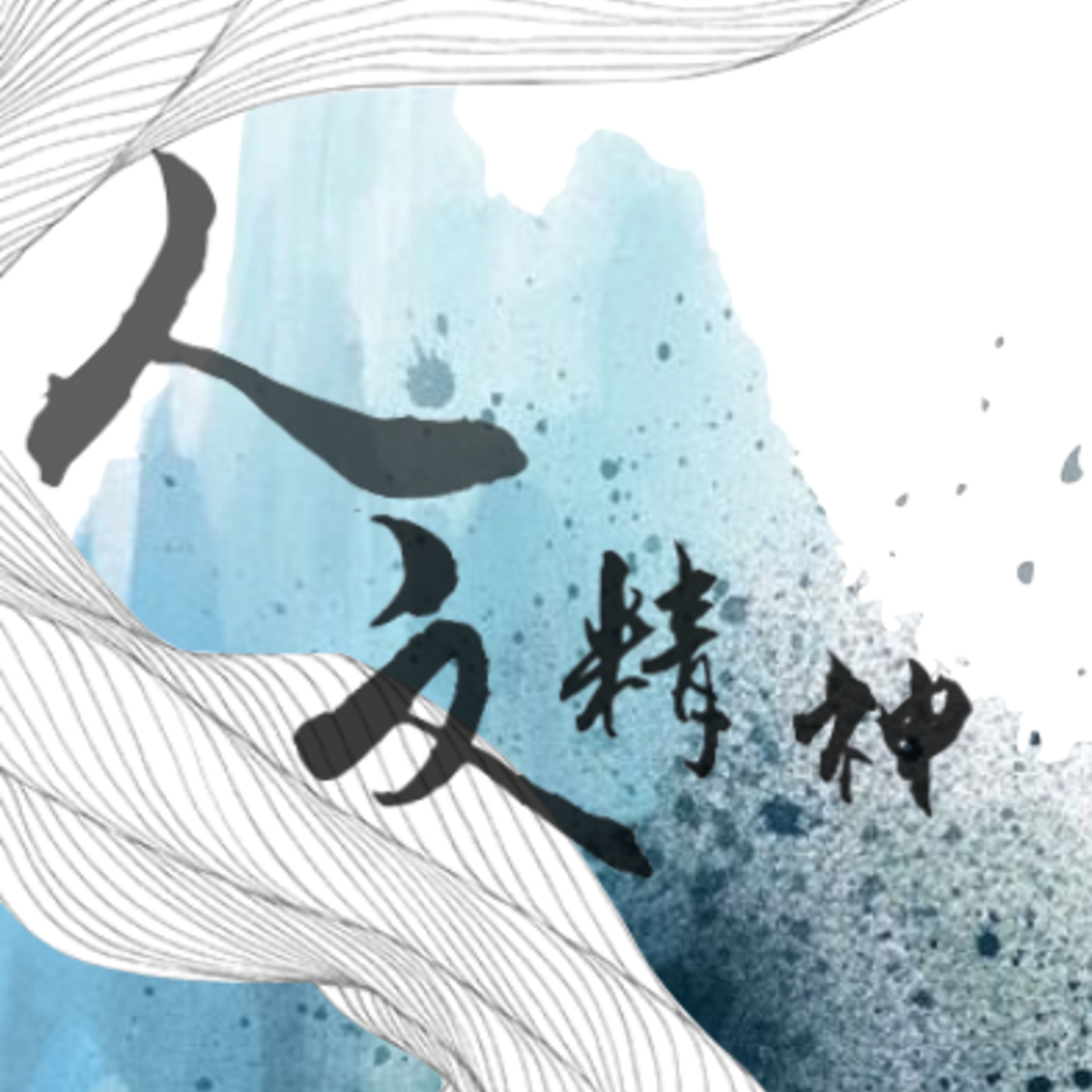
本課程從現代觀點探討東亞儒家人文傳統之核心價值,包括孔子、孟子、朱子及日韓儒者的生命智慧,以及作為儒家對照系統的道家與佛教的生命智慧等主題,討論儒家人文傳統在臺灣及其與21世紀的互動。藉由講授、單元作業等,提昇修課學生對於東亞人文精神的熟悉度,奠定其運用傳統文化精神資源,以因應21世紀新挑戰的能力。
What's inside
Syllabus
第 8 講 道德經中的生命智慧
本講將進入「東亞儒家人文精神的對照系統」第一個單元:《道德經》的生命智慧。主要將聚焦在四個問題:第一,《道德經》作者思考生命的課題的出發點何在?第二,《道德經》思想中的生命觀的核心理念是什麼?第三,《道德經》思想中的生命觀如何在現實世界中落實?第四,古代道家生命觀與儒家生命觀的差異何在?在這個部份,我們希望藉由對照系統來彰顯東亞儒家人文精神的特殊性。
Read more
Syllabus
Good to know
Save this course
Reviews summary
Thoughtful exploration of east asian confucianism
Activities
創作心得報告
Show steps
通過創作心得報告,能夠深化對所學知識的理解,並提升表達能力。
Show steps
-
選擇一個感興趣的主題
-
蒐集相關資料,進行深入研究
-
組織內容,撰寫成報告
-
尋求他人回饋,改善報告
Show all one activities
創作心得報告
Show steps
通過創作心得報告,能夠深化對所學知識的理解,並提升表達能力。
Show steps
- 選擇一個感興趣的主題
- 蒐集相關資料,進行深入研究
- 組織內容,撰寫成報告
- 尋求他人回饋,改善報告
Career center
Confucian Studies Professor
Comparative Religion Professor
Ethics Professor
East Asian Studies Professor
Journalist
Humanities Professor
Writer
Editor
Liberal Arts Professor
Philosopher
Cultural Anthropologist
Religious Studies Scholar
Sociologist
Theology Professor
Historian
Reading list
Share
Similar courses
OpenCourser helps millions of learners each year. People visit us to learn workspace skills, ace their exams, and nurture their curiosity.
Our extensive catalog contains over 50,000 courses and twice as many books. Browse by search, by topic, or even by career interests. We'll match you to the right resources quickly.
Find this site helpful? Tell a friend about us.
We're supported by our community of learners. When you purchase or subscribe to courses and programs or purchase books, we may earn a commission from our partners.
Your purchases help us maintain our catalog and keep our servers humming without ads.
Thank you for supporting OpenCourser.



